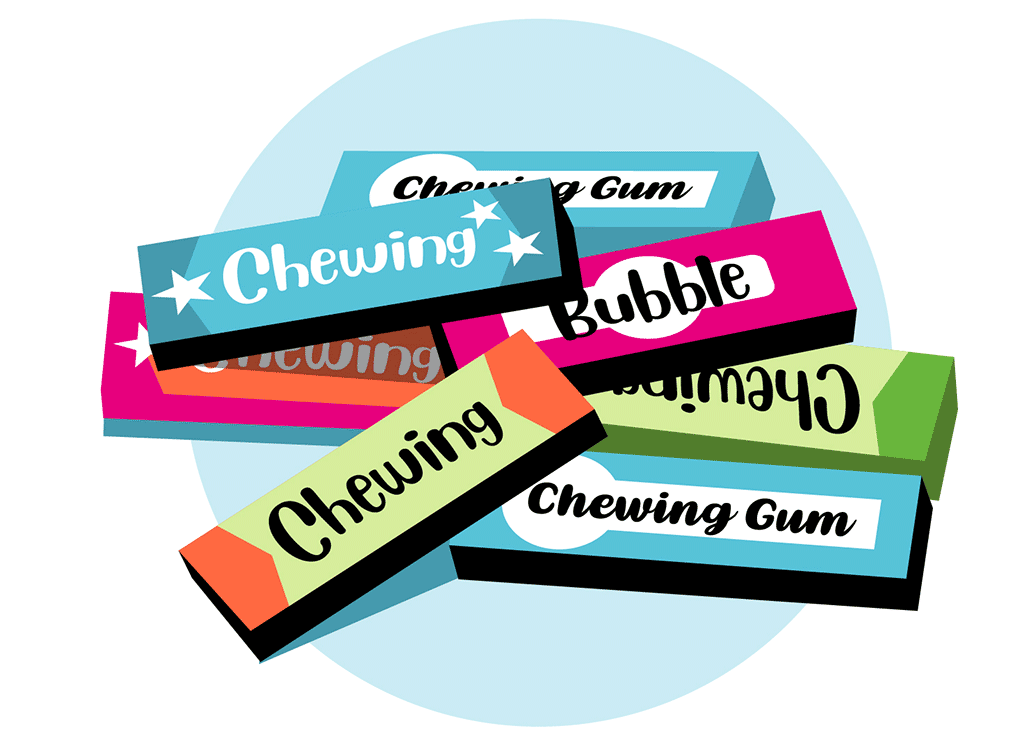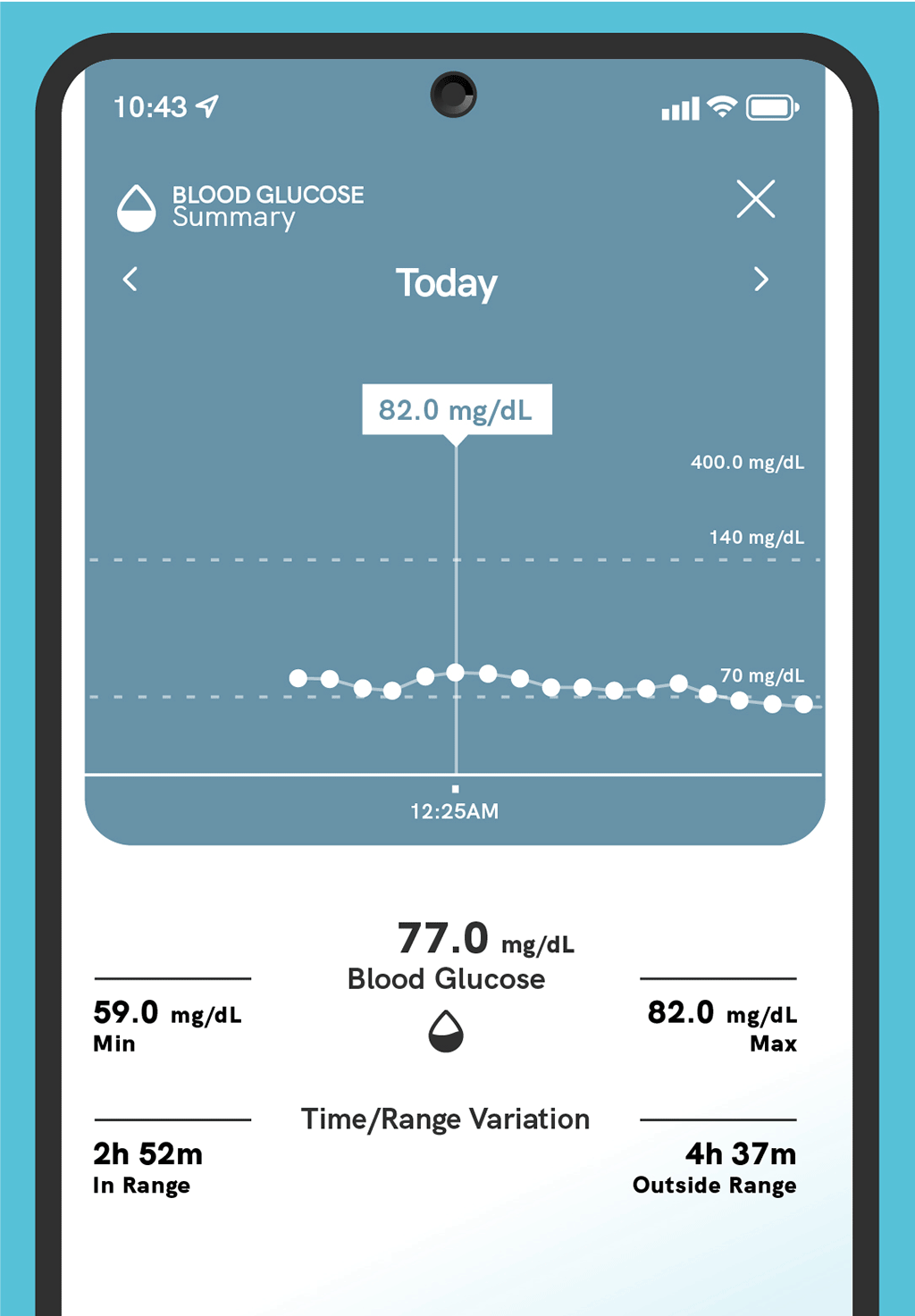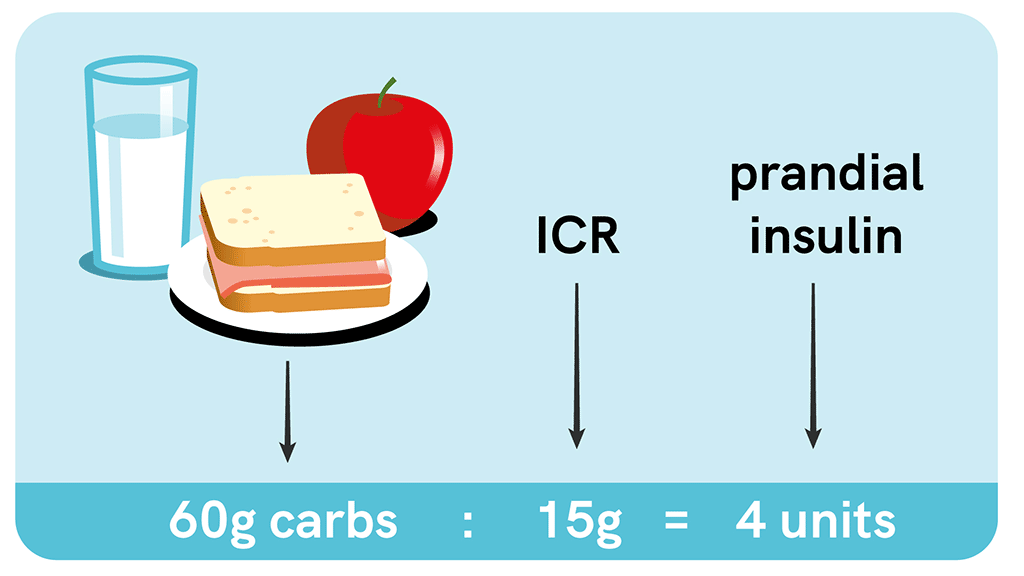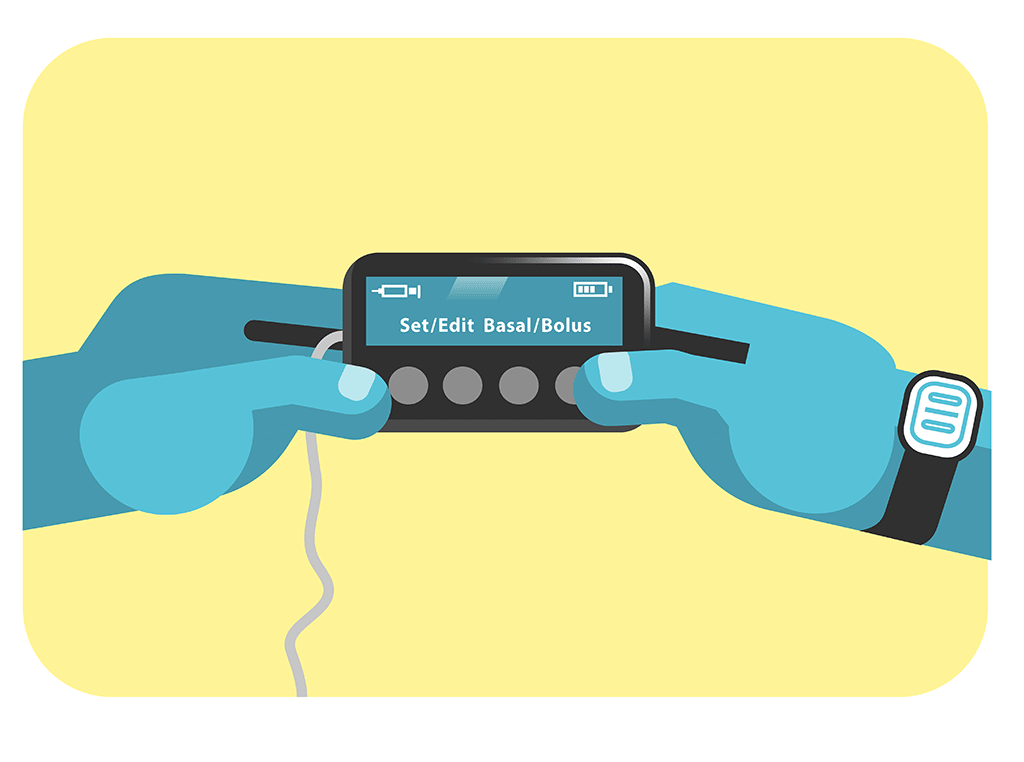-
Increase Your Physical Activity

Today I will pick one of the following: Add 500 more steps than my weekly average Take the stairs instead of the elevator Park further away and walk more
-
Safety When Exercising Outdoors

You’ve made a plan to be more active, and you’re ready to go outside and get started! Before you do, make sure that you can exercise safely in your neighborhood. An investment in reflective gear is an investment in your safety!
-
Activity Readiness

Are You Ready To Get Active? Answer the questions below to see if you are ready to be active. I get very out of breath when I am even slightly active. Yes No I have bone or joint problems that make it hard for me to do things like fast walking. Yes No I tend…
-
Diabetes Health Literacy

How do you feel about diabetes? Diabetes is: A serious but manageable disease Not serious enough to worry about A condition I will worry about later Diabetes is best treated by: Eating healthy, exercising, and taking medications as ordered Not eating sugar Taking medications as ordered Diabetes can cause problems: If I don’t manage my…
-
How to Count for Sugar Alcohols

What are Sugar Alcohols? Sugar alcohols are a type of sweet carbohydrates. They look and taste like sugar, but have fewer calories and fewer negative health effects. Despite the “alcohol” in the name, sugar alcohols do not contain ethanol. Sugar Alcohols and Blood Glucose Because sugar alcohols are hard for the body to digest, the…
-
Correction Factor

Correction Factor A correction factor is used to calculate your correction dose, which is used to correct high blood glucose levels before a meal. The correction factor (CF) is added or subtracted to the prandial bolus insulin dose. Your Diabetes Educator will give you your individualized CF. Calculating A Correction Dose Amir’s premeal target blood…
-
Be Careful About Stacking Insulin

Be Careful About “Stacking” Insulin Sometimes you may be tempted to take more insulin while your last dose is still in your bloodstream. Perhaps your blood glucose hasn’t come down as far as you expected, and you think that just a little more insulin will solve the issue. This is called insulin stacking, over- bolusing…
-
Insulin-To-Carbohydrate Ratio

What is an Insulin to Carbohydrate Ratio? The insulin-to-carb ratio can help understand how much rapid- or short-acting insulin is needed to metabolize the amount of carbs consumed at a meal or snack. It allows greater flexibility in lifestyle and can improve glucose control. Insulin to carbohydrate ratio (ICR) and insulin correction factor (ICF) calculation…
-
Basal-Bolus Insulin Therapy Terms You Need To Know

Total Daily Dose (TDD): The total amount of all types of insulin you take in 1 day. TDD is often estimated at 50% basal and 50% bolus to start with, but this can vary and will change over time. Insulin-to-Carbohydrate ratio ICR: A math formula that tells you how much rapid-acting bolus insulin you need…
-
What Is Advanced Carbohydrate Counting

What is Advanced Carb Counting? Advanced Carb Counting is also known as Basal-Bolus insulin therapy. It involves a routine where a longer acting form of insulin (basal) and shorter acting form of insulin (bolus) is used to regulate insulin levels through-out the day. This approach may also be called intensive diabetes management. Basal/bolus insulin therapy…